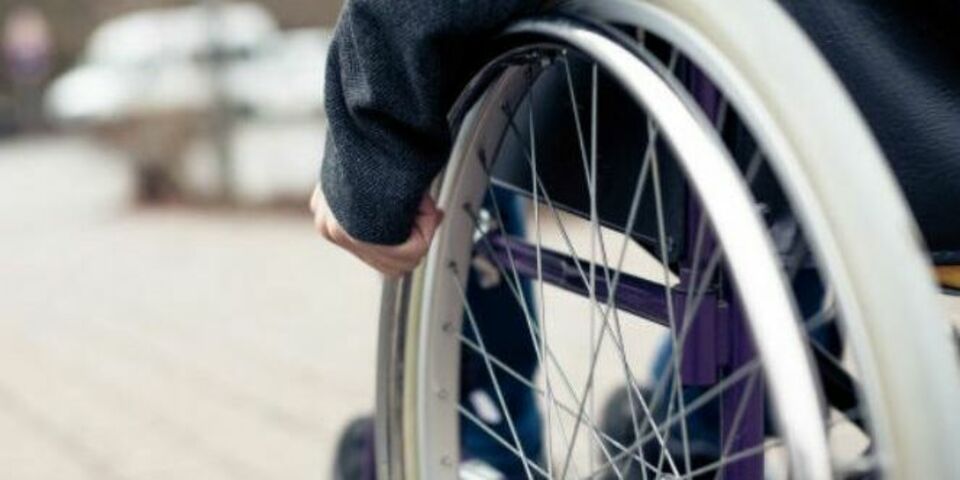Minister says give all students with a disability the same allowance
Against Parliament’s wishes, some students with disabilities are still receiving a lot more money than others. Outgoing Minister of Social Affairs Koolmees is calling on municipalities to set to work on equalising student allowances in advance of legislative amendments.
Up until 2015, all students with a disability received the same student allowance from the benefits agency UWV (Employed Person’s Insurance Administration Agency): 25 percent of the minimum youth wage. But since the Participation Act was implemented, they have to go cap in hand to their own municipality.
A difference of thousands of euros
That has meant a much more generous allowance for some students than for others. In 2018, the Dutch Student Union and the union CNV Jongeren sounded the alarm. An illustration: an 18-year-old student in Heerlen had to be satisfied with an allowance of a few tenners a month, while in Zwolle the amount was ten times higher. This results in a difference of thousands of euros over the period a student is enrolled.
Unfair, the House of Representatives agreed. At the beginning of 2019, the parties unanimously adopted a motion to equalise the allowance again to about 300 euros per month. But over two years later that still has not been happened, Trouw newspaper reported at the end of April based on a new investigation by the national student organisation LSVb and CNV Jongeren.
The scheme was to enter into force on 1 January of this year, got pushed back to 1 July, and now municipalities have again asked for an extension until 1 January 2022. In the meantime, according to the two unions, of the biggest twenty-five municipalities, only eleven are disbursing the promised 300 euros in student disability allowance. The article prompted the CDA to submit parliamentary questions.
Undesirable
Minister Koolmees has a partial explanation for the delay: the proposed law that (among other things) is intended to equalise the national student allowance for people with disabilities was declared controversial earlier this year, he writes. A decision can only be made about it when a new government has been sworn in.
Nonetheless, he also thinks it’s “undesirable” that the amount of the student allowance now varies so greatly. He has therefore called on municipalities again to equalise the allowance for students from the age of 21 to 300 euros per month. Younger students should receive a percentage of that amount, according to the age requirements for minimum youth wage.
In addition, Koolmees agrees with the unions that informing people about the allowance could be handled better. It seems only seven percent of students with a disability know that they are entitled to financial support.


Discussion